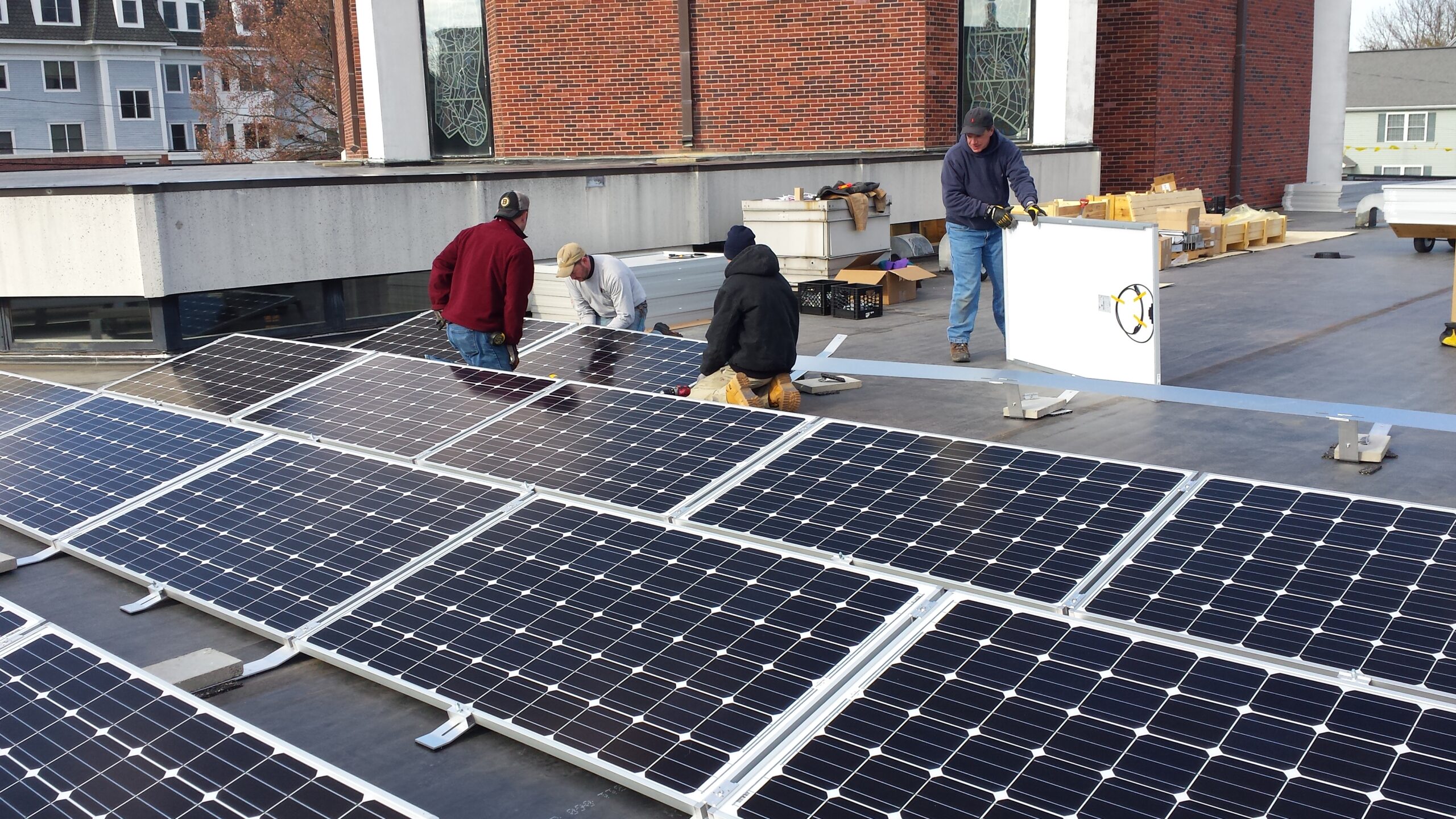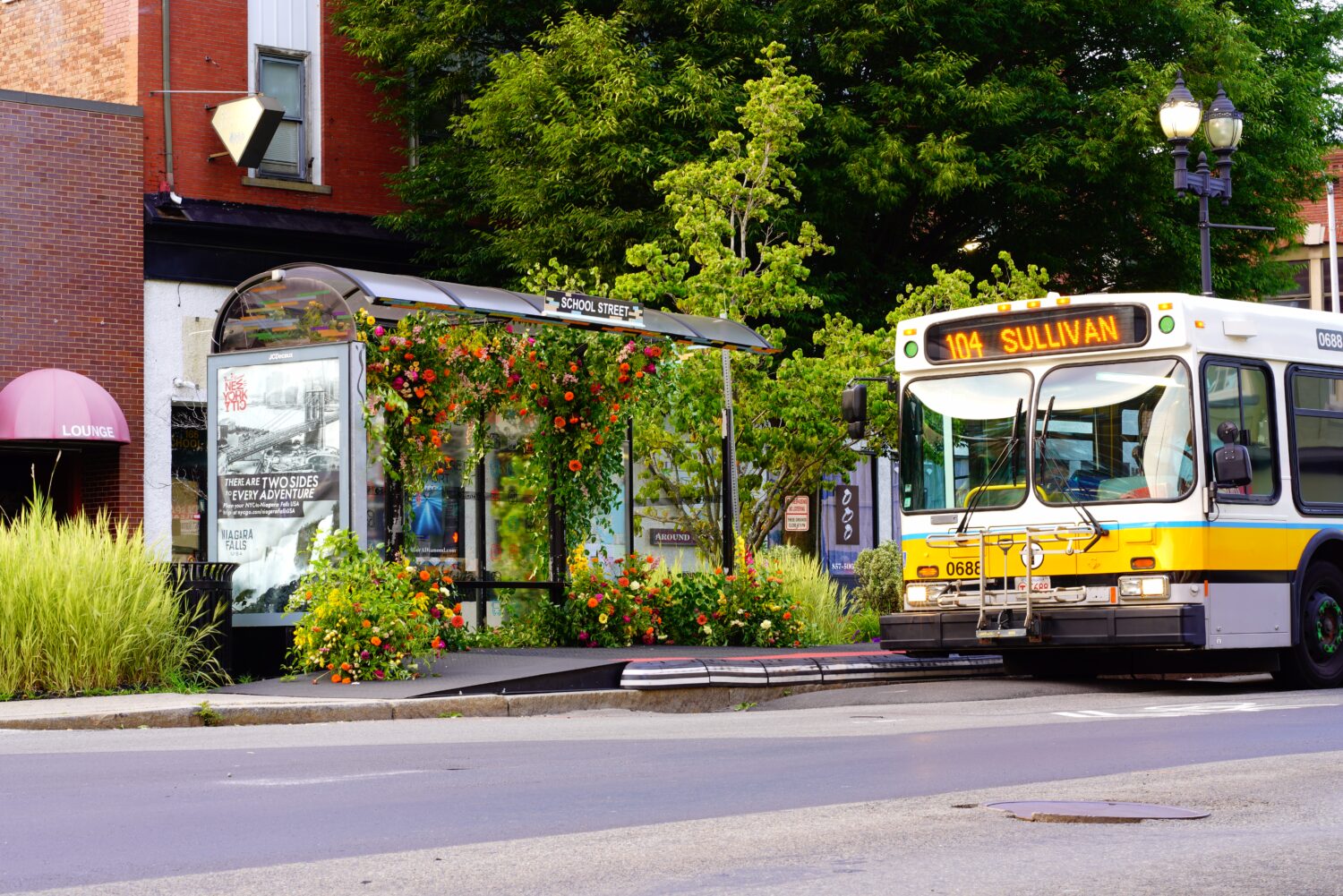When your electricity bill comes in the mail, do you think about changing your supplier? Massachusetts customers have been able to choose their power suppliers since 1998, to save money, have more stable bills, or go green.
But very few do.
While shopping around is common among big commercial and industrial customers, very few households or small businesses have made the switch. In 2015, less than 30% of residential sales were served by “retail power marketers,” according to the state Department of Energy Resources. The rest of the power was sold by the traditional utility. And while more than 90% of power sold to big businesses that year was competitive, less than 60% of small business sales were.
To help small customers get a better deal, state law allows municipal aggregation, by which cities and towns choose a power supplier for all of their residents at once. The idea is to give people more buying power when they buy power. Think of it as the Costco of electricity. Tweet This The first municipal aggregation was the Cape Light Compact, which has served 200,000 customers in all 21 Cape Cod and Martha’s Vineyard towns since 2004.
Most city aggregations have focused exclusively on financial savings and price stability. In 2014, with grant funding from the Barr Foundation, the Metropolitan Area Planning Council (MAPC), a regional planning agency serving 101 Boston-area communities, partnered with the City of Melrose to use municipal aggregation to bring new, local renewable energy to the grid, displace fossil fuels, and reduce emissions.
MAPC solicited bids on behalf of Melrose for aggregation services that raised the bar for the inclusion of renewable energy. It was a bit risky; could anyone offer a product that would add new, local renewable energy to the grid while retaining the traditional benefits of aggregation? Happily, the market shifted to respond. The selected broker forged a new partnership that is helping Melrose achieve our collective goals.
All electric suppliers in Massachusetts are statutorily mandated by the Renewable Portfolio Standard (RPS), first initiated in 2003, to purchase an increasing amount of their power from renewable energy each year. The RPS has been a key driver of the growth of renewable energy in the region. Since municipal aggregators buy large amounts of electricity, even a relatively small amount of additional renewable energy in their mix can have a significant impact. And, the more municipalities that do it, the greater that impact can be. Melrose, for example, with about 9,000 customers, increased the renewable portion of its supply in 2016 from the 11% required by the RPS to 16%. This represents the purchase of an extra 3,000 megawatt hours (MWh) of renewable power, supporting about 1 MW of new, local renewable generation. The contract also saves Melrose residents money, with rates at least 20% below last year’s average rates.
With Melrose’s success providing inspiration, MAPC has now launched an initiative to bring the green aggregation model to all 101 of its member cities and towns. In early 2016, MAPC competitively procured an aggregation consultant to implement programs for any member communities that want to add new, local renewable energy to a municipal aggregation. Already the communities of Dedham, Salem, and Swampscott have followed Melrose’s lead, with Arlington, Somerville, and Sudbury soon to follow.
As the Melrose example demonstrates, aggregation offers an exciting and potentially significant way to unite climate and economic benefits. The time is now for cities and towns to step up and use the bulk power of aggregation to negotiate better electricity supply deals for their residents that will also help combat climate change. Collectively, we can make a real difference.
For more details on MAPC’s program, contact Patrick Roche, energy coordinator, at proche@mapc.org.
For more information on the Melrose aggregation, click here.




